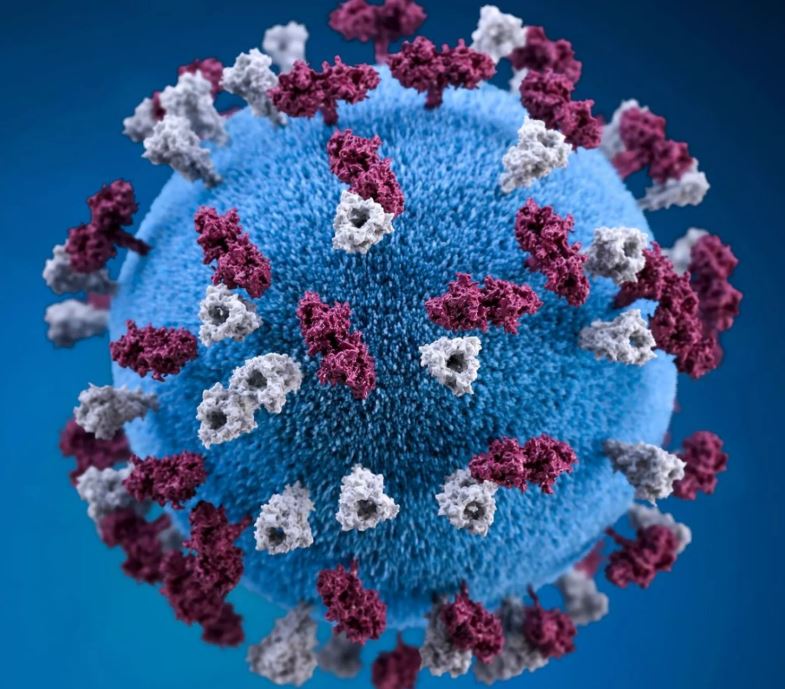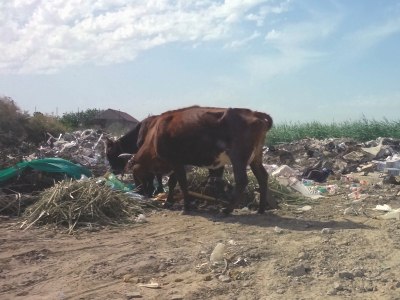Kyrgyzstan Among Countries with Highest Number of Measles Cases
The measles virus is spreading in many parts of the world, and Kyrgyzstan is among the nations experiencing a surge in cases as health officials conduct an immunization drive despite vaccine skepticism among some people. A total of 5,168 measles cases had been registered across the Central Asian country as of April 10 this year, in what the Ministry of Health described as an “acute” situation. Some 1,777 vaccination clinics operate across Kyrgyzstan at a primary healthcare level and in maternity hospitals, and mobile teams carry out vaccinations in remote areas as well as among migrants in new settlements in the capital, Bishkek, according to the ministry. One UNICEF-supported nurse has traveled on horseback to deliver measles vaccines on remote farms in the mountainous country. “Every year, up to 20,000 people refuse to get vaccinated. The main reasons for refusal are religious beliefs — 43%, doubts about the safety and effectiveness of vaccines — 45%. This leads to the spread of vaccine-preventable diseases,” the ministry said. It also stated that unvaccinated citizens, mainly preschool children, could be temporarily barred from educational institutions in the event of an epidemic or the threat of one. Health experts say a decline in immunization is contributing to a rise in global measles cases this year. The U.S. Centers for Disease Control and Prevention said that, as of April 10, a total of 712 confirmed cases of the airborne, highly contagious disease had been reported in the United States this year, compared to 285 cases that were reported last year. The greatest concentration of cases this year is in Texas. Officials declared the disease to be eliminated in the U.S. in 2000. Yemen, India, and Pakistan have the world’s highest numbers of reported measles cases in the last six months, according to an April report by the World Health Organization. Kyrgyzstan, which has a population of about seven million, has the seventh highest number of cases in the WHO data. Kyrgyzstan’s healthcare system is likely under a lot of strain because of the surging measles cases, the International Federation of Red Cross and Red Crescent Societies said in March, stating that the deaths of two children had been reported. “Hospitals, clinics, and health professionals are overwhelmed with the high number of patients, leading to longer waiting times, limited resources, and increased workload for medical staff,” the federation said.



